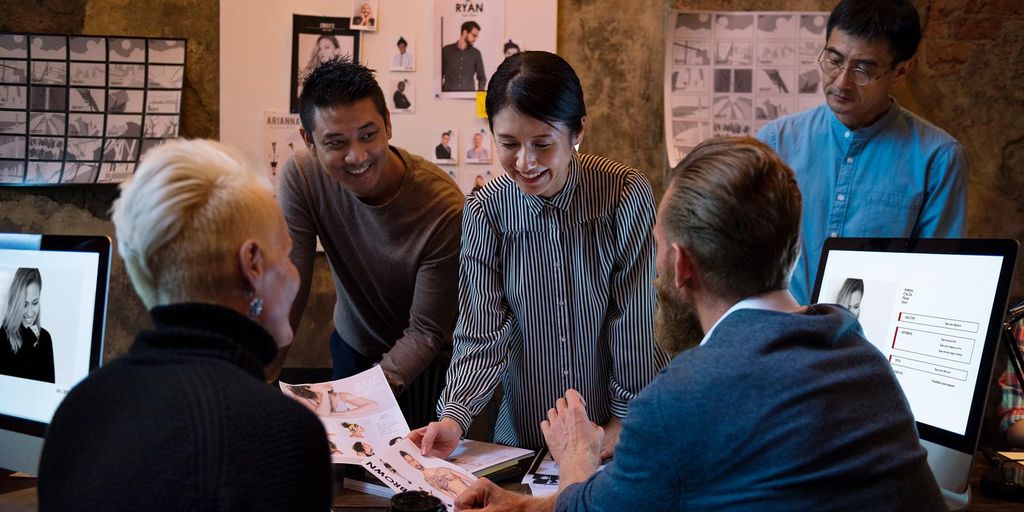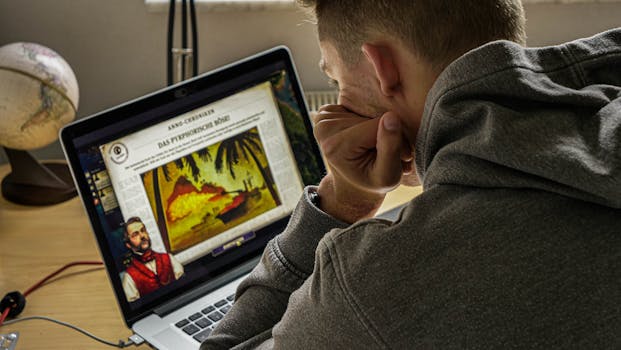
Laying the Foundation for Effective Teamwork

Cultivating a Trusting Team Environment
Creating a trusting team environment is essential for effective collaboration. It involves fostering a culture where team members feel safe to express their ideas and concerns without fear of judgment. This can be achieved by promoting transparency, practicing active listening, and showing empathy towards each other’s experiences.
Setting Clear Goals and Expectations
To ensure everyone is on the same page, it’s crucial to set clear goals and expectations. This not only helps in aligning the team’s efforts but also in measuring progress and success. Use a structured format like SMART goals to outline objectives that are Specific, Measurable, Achievable, Relevant, and Time-bound.
Encouraging Open Communication
Open communication is the backbone of any successful team. Encourage team members to share their thoughts and feedback regularly. This can be facilitated through regular meetings, open forums, and using collaboration tools that allow seamless communication. Remember, a well-informed team is an empowered team.
Mastering the Art of Conflict Resolution

Identifying the Root Causes of Disagreements
To effectively resolve conflicts within a team, it’s crucial to first identify the underlying issues that spark these disagreements. By understanding the root causes, teams can address problems at their core rather than just battling symptoms. This fosters a collaborative environment where teamwork and mutual respect thrive. Over time, this approach builds a foundation of trust, making it easier to navigate future conflicts.
Implementing Constructive Feedback Techniques
Constructive feedback is a cornerstone of successful conflict resolution. It involves expressing thoughts and concerns in a way that is clear, specific, and focused on improvement rather than blame. Here are some steps to ensure feedback is constructive:
- Focus on the behavior, not the person.
- Be specific about what needs to change.
- Offer solutions or alternatives.
- Encourage a two-way conversation to discuss the feedback.
This method not only resolves conflicts but also enhances personal and professional growth within the team.
Fostering a Culture of Mutual Respect
Mutual respect is essential for any team aiming to overcome conflicts and grow stronger. It involves recognizing and valuing each team member’s contributions and perspectives. A culture of respect ensures that all voices are heard and considered, which significantly reduces the frequency and intensity of conflicts. This environment allows for more effective collaboration and problem-solving, ultimately leading to more innovative and successful outcomes.
Leveraging Diversity for Innovative Solutions

Valuing Different Perspectives and Skills
In today’s global marketplace, the ability to draw on a wide range of perspectives and skills can set a team apart. By leveraging diverse perspectives, teams can tap into a wealth of knowledge, experiences, and insights, leading to stronger collaboration and enhanced problem-solving capabilities. This diversity not only enriches the team’s dynamic but also drives innovation.
Encouraging Creative Thinking and Problem Solving
Creative thinking is the fuel for innovation. Encouraging team members to think outside the box and challenge the status quo can lead to breakthrough ideas and solutions. Structured brainstorming sessions, along with tools like mind maps, can facilitate this process effectively.
Integrating Diverse Ideas for Enhanced Collaboration
The integration of diverse ideas is crucial for a holistic approach to projects. Teams that excel in this area often use techniques such as ‘idea merging’ where different ideas are combined to form innovative solutions. This approach not only enhances collaboration but also ensures that all team members feel valued and heard.
Maintaining Momentum and Motivation

Maintaining team momentum and motivation is crucial for the long-term success of any project. Regular check-ins and updates ensure that everyone is aligned and accountable, which helps in keeping morale high and the project on track. Celebrating milestones and successes not only boosts team spirit but also reinforces the value of everyone’s contributions. Adapting to changing team dynamics is essential to keep the team resilient and responsive to new challenges.
Regular Check-ins and Updates
Regular interactions among team members can significantly enhance transparency and trust. These can be structured as weekly meetings or quick daily stand-ups depending on the project’s demands.
Celebrating Milestones and Successes
It’s important to recognize and celebrate small victories along the way. This not only motivates the team but also keeps everyone excited about the journey ahead.
Adapting to Changing Team Dynamics
As projects progress, team dynamics can shift. Being proactive in addressing these changes ensures that the team remains effective and cohesive.
Conclusion
In conclusion, harnessing the power of teamwork is not just about bringing people together; it’s about creating a synergy where the collective effort exceeds the sum of individual contributions. By implementing effective strategies for successful collaboration, teams can achieve remarkable results that are unattainable alone. Remember, the magic of teamwork lies in the shared journey towards common goals, where each member plays a pivotal role. Embrace these strategies, foster a supportive environment, and watch as your team transforms challenges into triumphs.







1 thought on “Harnessing the Power of Teamwork: Strategies for Successful Collaboration”
Comments are closed.